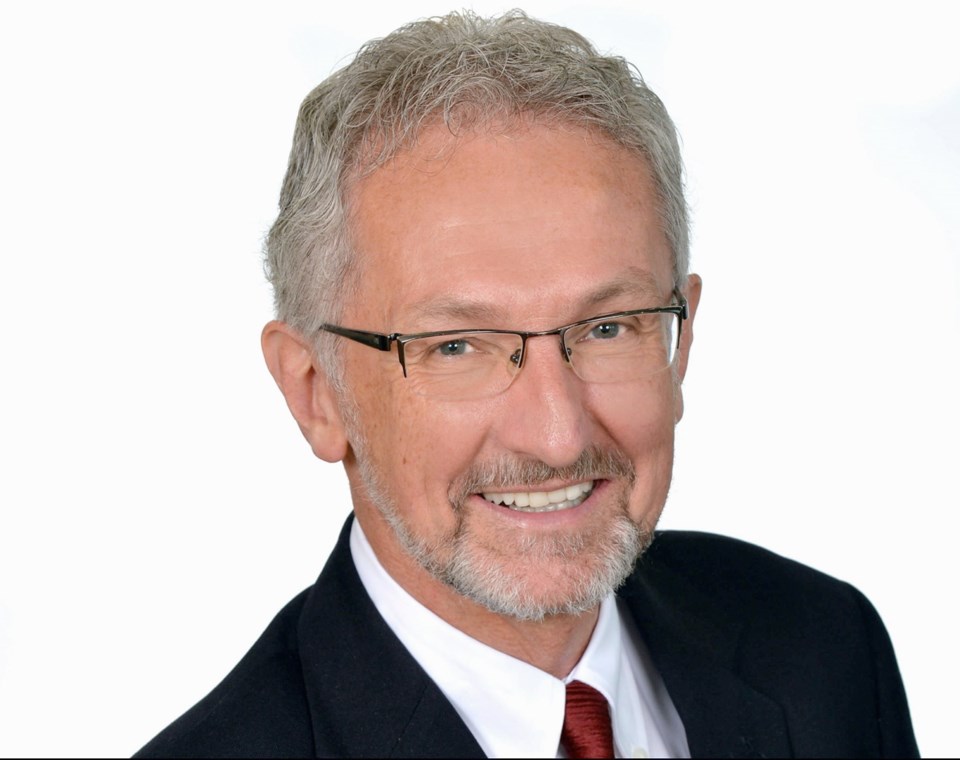Nanaimo’s mayor said his council has more important priorities than pushing back against the speculation tax and the exemption process announced this past week by the provincial government.
Several Island mayors, including Langford Mayor Stew Young and Oak Bay Mayor Kevin Murdoch, have expressed concerns that the onus will be on homeowners to declare they’re not speculators if they want to avoid paying the tax. However, Leonard Krog took a more cautious approach, saying his council has not yet turned their attention to the speculation tax.
“All I can say at this point, it has not been the subject of any discussion of council in a formal way and we are a new council,” Krog told the Times Colonist. Nanaimo council has other priorities such as developing the city’s strategic plan, addressing homelessness and supportive housing, and developing the waterfront, Krog said.
“There are a whole series of things over which we have control and responsibility that we’re focusing our attention on. I’m not dismissing [the speculation tax], maybe it’s a concern to people but it’s not on our agenda at this juncture.”
Krog’s position sets him apart from former Nanaimo mayor Bill McKay who lobbied the province to remove the harbour city from the speculation tax area.
The NDP’s announcement about the speculation-tax exemption process comes two weeks ahead of the Nanaimo byelection on Jan. 30 and it’s proven to be a wedge issue. B.C. Liberal candidate Tony Harris said called it a system that assumes guilt until homeowners can prove their innocence, while NDP candidate Sheila Malcolmson defended the tax as a key strategy in improving housing affordability.
Six candidates are vying to fill the seat that was left vacant when Krog, a longtime NDP MLA, was elected mayor.
When asked if the timing of the announcement could affect the election, Krog said: “It might have an impact,” but added there are other announcements that could have an impact, such as the NDP government’s commitment to fund a new $33.85-million intensive care unit for Nanaimo Regional General Hospital.
“For the small number of people who will actually be responsible for paying the tax, yes it will probably be very important. But we know from numbers, for the vast majority of people living in Nanaimo, it will be a non-issue and they don’t pay the tax.”
David Black, a communications professor at Royal Roads University, said he’s not surprised that Krog is taking a measured approach on the speculation tax which is shaping up to be a hot-button issue during the byelection.
“For him to take a strong position now might well galvanize anti-NDP voters for whom this is a wedge issue,” Black said. “I think this is a tactical decision not to interfere in this byelection until its over. You have someone who was a known [NDP] veteran. The last thing he wants to do is to effect the outcome of a race that might well bring down the government that he was part of for a long time.”
An NDP win in the byelection is crucial to ensuring the minority government maintains its grip on power. The NDP and Green Party have 44 seats and the Liberals have 42.
Several other Island mayors have taken a strong position against the speculation tax and the exemption process, which will see 1.6 million homeowners in Greater Victoria, Nanaimo, Kelowna and Metro Vancouver receive a letter outlining how to apply for an exemption on the tax. Langford Mayor Stew Young was livid, saying that 100 per cent of Langford homeowners will be treated like speculators unless they fill out a form to prove otherwise.
Oak Bay Mayor Kevin Murdoch said he feels the opt-out method “is going to create some concern among residents.”
“There’s a lot of people who are elderly and need help with their taxes. This adds one more thing they have to think of,” Murdoch said. “This is a lot of money for people who get caught unaware.”
Colwood Mayor Rob Martin said there’s still a lot of confusion over who will be taxed and who is exempt. Martin said much of the necessary information about a person’s primary residence is already collected on the B.C. Home Owner Grant form and questioned why that form couldn’t be expanded to gather additional information.
The Ministry of Finance said the Home Owner Grant is administered in the taxable regions by municipalities, not the province. “To protect taxpayer confidentiality, such as people’s SIN, the province is retaining responsibility for administering the speculation and vacancy tax,” the ministry said in a statement.
Targeted at urban centres, the speculation tax will cover properties not occupied by the owner as a primary residence for more than six months a year or not occupied by a tenant. For 2018, the tax rate is 0.5 per cent of the home’s assessed value.
In 2019 and subsequent years, it is two per cent for foreigner owners and “satellite families” which is a household where more than 50 per cent of income comes from outside Canada. It remains at 0.5 per cent for Canadian citizens and for permanent residents.
British Columbians with vacant second homes will be eligible for a credit of $2,000 which will cover the tax on the assessed value up to $400,000. The remaining value of the property will be taxed at the full rate.
The provincial government has said goals of the tax are to raise revenue to fund affordable housing, and to discourage people from leaving homes empty.



